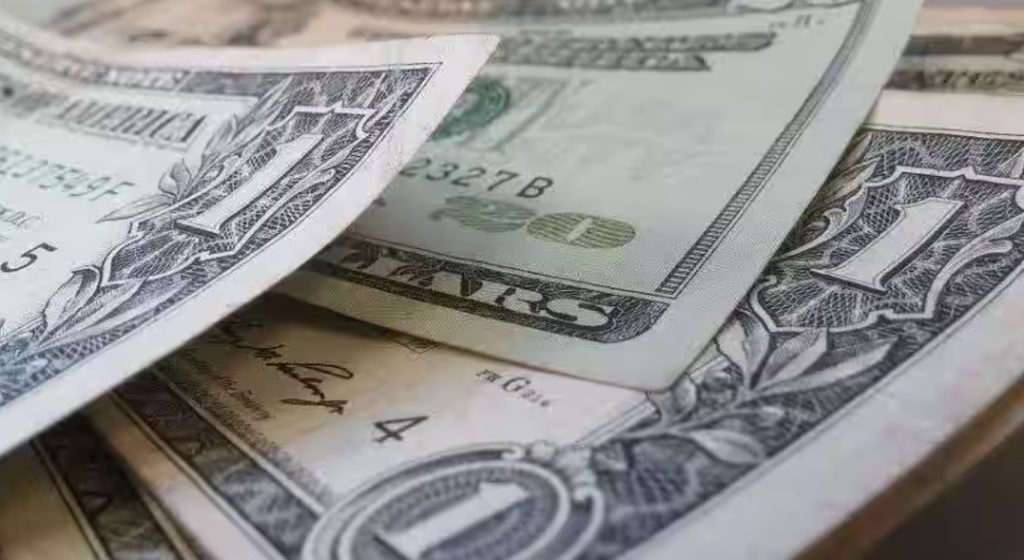
Beauty is in the eye of the beholder.
By and large, this has been a good earnings season.
Some big companies have squashed profit estimates — including tech beast Microsoft (MSFT) and soda-seller Coca-Cola (KO). The results on their own have been OK too, considering rising geopolitical unrest, higher fuel prices, and a cautious US consumer.
Out of the 235 or so S&P 500 companies that have reported third quarter results, sales growth has tallied 5.1%, according to data from Evercore ISI’s Julian Emanuel. Earnings have expanded 14.5%. Sales and earnings have surprised consensus by 0.6% and 8.9%, respectively.
Not too shabby.
But dig beneath the surface, as we do here at Yahoo Finance, and you can see — and sense — growing stress on the financials and future plans of corporate America.
Why? Look no further than the 11 interest rate hikes uncorked by the Federal Reserve since its tightening campaign began in March 2022.
Read more: What the Fed rate-hike pause means for bank accounts, CDs, loans, and credit cards
I am shocked the market isn’t picking up on this elongating stress (or maybe it is, hence the Nasdaq correction), and how it may shape stock prices in 2024.
One CFO of a $100 billion-plus market cap tech company tells me higher interest rates are beginning to penetrate all areas of his business. That includes hiring plans, capital allocation, and new deals. I wouldn’t say this CFO was panicked on the phone, but there is a new pressure building on his operating model to begin making changes with an eye toward slashing expenses.
This CFO isn’t alone.
Here’s what several top leaders have told me on Yahoo Finance Live about the increasingly outstretched tentacles of the Federal Reserve. Keep all of this in mind as Fed Chief Jerome Powell takes the stage later this week to reiterate his stance that inflation must be stomped out — even at the expense of corporate America and economic growth.
Otis CEO Judy Marks
“I’m not an economist. What I will tell you is I think we’ve hit a level where people are questioning investment, not in infrastructure, not in public-private partnerships, but where people have the opportunity to delay, especially private developers. I think they’re working on the math because of the interest rates.”
Whirlpool CEO Marc Bitzer
“For probably lack of a better analogy, I would call, right now, the housing market Dr. Jekyll and Mr. Hyde. And the reason why I’m saying this is you have two sides. The new housing — you all have seen, the order intake is solid because there’s strong demand for new housing.
The other side is existing home sales, which is a very, very big part of our overall demand. And existing home sales, as you all seen are now at sub 4 million, you have to go back all the way back to 2010. So you have this odd situation where you have a structural undersupply of a market, which drives positive new home sales. But right now, there’s just not enough existing homes in the inventory to turn around because everybody’s afraid of losing attractive mortgage rates, etc.
So these are two very opposing trends right now. Over time and in the long term, we say that repeatedly, we’re very bullish on the mid and long-term US housing. US housing has been undersupplied by 2 or 3 million units. And at one point, the market will rebalance.”
T-Mobile CEO Mike Sievert
“Yeah, it [higher rates] does [impact our planning]. We actually announced at the same time we announced our dividend program that we would move a little faster than planned to our target 2.5x leverage ratio. And we’ll get there by next year from 2.7x and change right now. So you know, we’re managing our balance sheet accordingly with the rising cost of interest. But remember, we also are moving into more and more investment grade.”


























